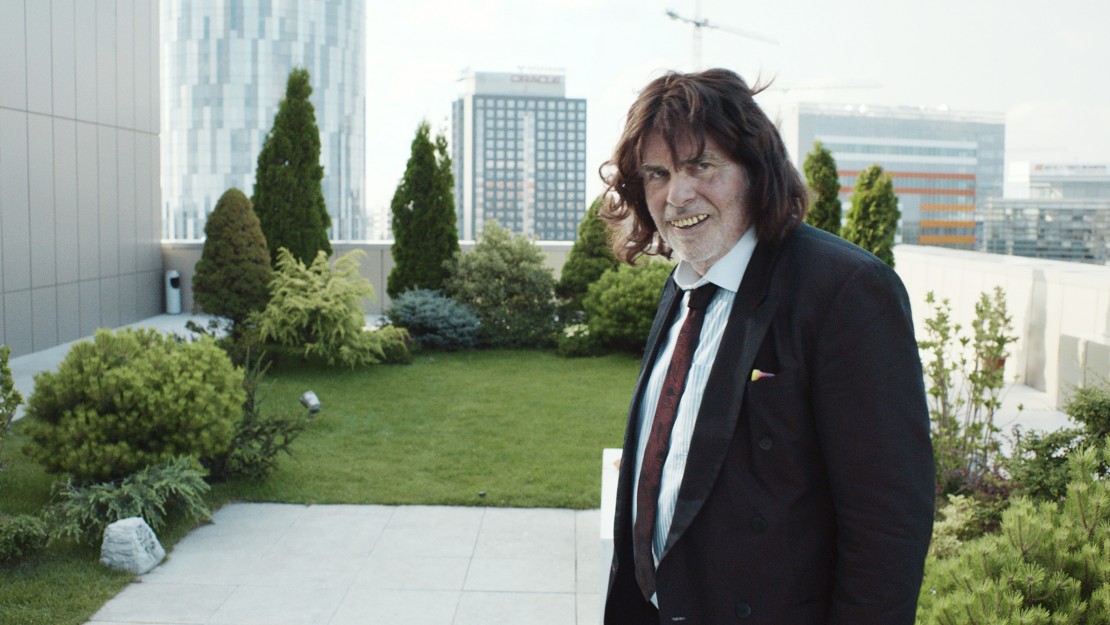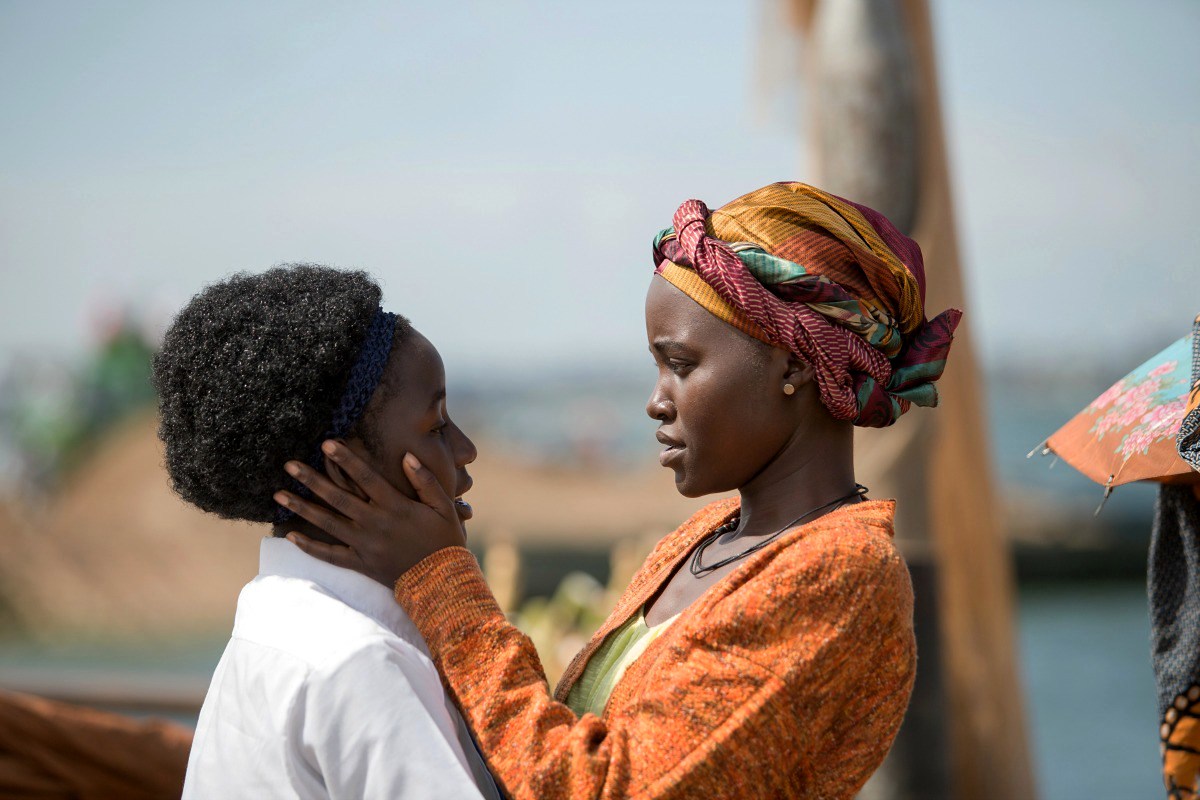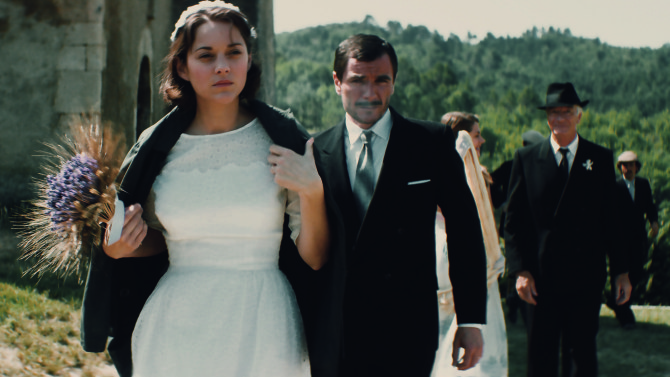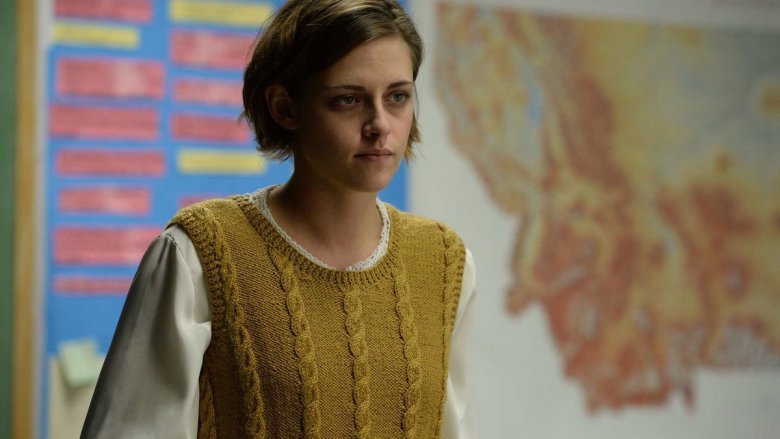
It is 2016 and yet not too much has changed on the big scale in regards to women working in film. The movie industry is still largely dominated by the male force in behind the screen roles with women taking up only a small approximate percentage of 25. Not to say that the problem is entirely ignored as steps are being taken to slowly make this percentage rise.
Despite the low number, it can definitely be said that the quality of the small amount of female directed films that have come out throughout this year definitely made up for the quantity. The female directors have definitely put their foot down to face the gender inequality in the industry by creating brilliant masterpieces that really took to the heart of the people.
So many of them have achieved an international out-reach as well as conquering several awards throughout the many countries and festivals, bringing a fresh perspective to social and personal issues that is so vital to be seen.
Perhaps the spotlight that these women have got, some of them even with their first feature films, will trigger an increase of women taking on and being offered to stand behind the camera and direct us into a world where cinema has an even bigger variety of voices telling us the many wonderful and meaningful stories we are so eager to hear.
So as the year is slowly coming to an end, here is a list to celebrate 10 of the most notable female-directed movies that show a woman’s cinematic voice matters.
10. Queen of Katwe (Mira Nair)

Chess is not the most entertaining theme to choose for a big screen movie; but then again, Queen of Katwe is not your usual chess drama. The lovable protagonist is surprisingly female herself, a young Uganda girl Phiona Mutesi (Madina Nalwanga) who between taking care of her brother and selling bread at the market to survive, discovers that she has an unusual talent for Chess as she becomes a student of a minister in the area, Robert Katende (David Oyelowo).
However, talent seems to not be enough as she finds it practically impossible to get enough money to go and compete in competitions held by local schools considering she isn’t lucky enough to attend a school herself. If all of these obstacles weren’t enough, Phiona is being put down by her mother who does not want her child to face dissapointment.
Nair wonderfully nails the setting urban setting and characters in order to create sympathy for the protagonist as well as convert the audience into the biggest cheerleading group as they encourage the on screen character to overcome all odds and succeed in challenging yet another stereotype.
9. The Bad Batch (Ana Lily Amirpour)

The Bad Batch is one of the more controversial movies in terms of both theme and popularity, despite winning the Special Jury Prize at the Venice Film Festival. Iranian director Amirpour, famously known for her first feature A Girl Walks Home Alone At Night this time takes on to portray the dark theme of cannibalism as she creates a dystopian society where anybody who has done wrong becomes part of the ‘bad batch’ and gets sent away behind a fenced area in a desert.
The young protagonist Arlen (Siku Waterhouse) is one of the unlucky many who have been branded as the ‘bad batch’ and so is dropped off at the entrance to the fenced off desert to fight for her survival as she is forced to pass through the Bridge folk area of body builder humans who feed of human meat to survive, losing a limb or two on the way, as she proceeds to find the Comfort community – led by non other than Keanu Reeves as Rockwell.
Amidst the dystopian chaos and glamorous drug parties, Arlen finds a strange love in one of the Bridge folk, Miami Man (Jason Momoa) as the two end up in search for his daughter.
Despite having several audience members rush out of the theatres during the gory cannibalistic scenes, Amirpour fearlessly and unapologetically critiques and brings up America’s issues of both society and politics in a successful manner.
8. From the Land of the Moon (Nicole Garcia)

In From the Land of the Moon, Nicole Garcia brutally shows what it was like to be a woman of the 50’s prior to any female revolutions. Her protagonist is Gabrielle (Marion Cotillard) who is a young girl from a good family injected with a lot of sexual desire that she is in fact not ashamed off. After several inappropriate encounters her parents who do not feel the same positivity towards her obsession force her into marrying a bricklayer (Alex Brendemuhl).
Gabrielle is not satisfied with this arrangement and although marrying him makes it clear that she will seek pleasure elsewhere, which consequently ends her up in a Swiss clinic to be treated from her diseased mind.
There she meets Lieutenant Andre (Louis Garrel) who is terminally ill after returning from the battle in Indochina. The two enrol on a passionate voyage and romance that is destined to end badly. It is a story of a girl of the wrong times, which causes pain not just for herself but everyone around her.
7. As I Open My Eyes (Leyla Bouzid)

In her first feature film, Leyla Bouzid sets her story in pre-revolutionary Tunisia as it follows young Farah (Baya Medhaffar) on an enchantingly passionate tale of youth. She is a political rock singer, and despite her mother’s warning she is still too naïve to see that what she is doing is a lot more dangerous than what she thinks.
The movie perfectly sets the atmosphere to the times of 2010 and subtly portrays the political context that is directly and indirectly influencing the whole community.
Apart from the amazing theatrical performances, the movie also features incredible and haunting musical performances as we are exposed to the musical culture of Tunisia as well as the beautiful lyrics of the original songs featured in the movie that passionately and rebelliously express the anger and loss that the community is feeling but is too afraid to express.
Despite not making it to the short list, As I Open My Eyes was the Tunisian entry for the foreign film section of the upcoming Oscars, as well as winning several other awards.
6. Certain Women (Kelly Reichardt)

Certain Women is a simplistic movie, in all positive ways. Based on three short stories by Maile Meloy, the movie depicts three different stories not relating to each other in any major way, but rather through small yet significant details as well as all three being about women trying to get by, by living their separate lives in the suburbs.
The opening story is of a female lawyer, Laura Wells (Laura Dern) who is desperately trying to convince an irritating client (Jared Harris) that he can not win his case, who only agrees after being consulted by another lawyer who is in fact male.
After an eventful night caused by the unstable client the movie shifts to the next story; a hard-working wife and mother, Gina Lewis (Michelle Williams), who is trying to buy sandstone from an elderly gentleman and acquaintance Albert (Rene Auberjonois) for their new house focusing on the mechanics of gender play as negotiations take place between Gina, her husband and Albert.
The final story is a beautiful yet subtle romance of a young ranch girl Jamie (Lily Gladstone) who accidentally drops by an evening law class held by Beth (Kristen Stewart) who took on the job without realising that it is a four hour drive from her home. As the two begin to converse, the timid Beth (Kristen Stewart)slowly begins to open up to Jamie who is helplessly infatuated with her.
All of the stories are very natural and ‘common’ and yet that doesn’t take away from their magical effect that earned the movie prizes at festivals.